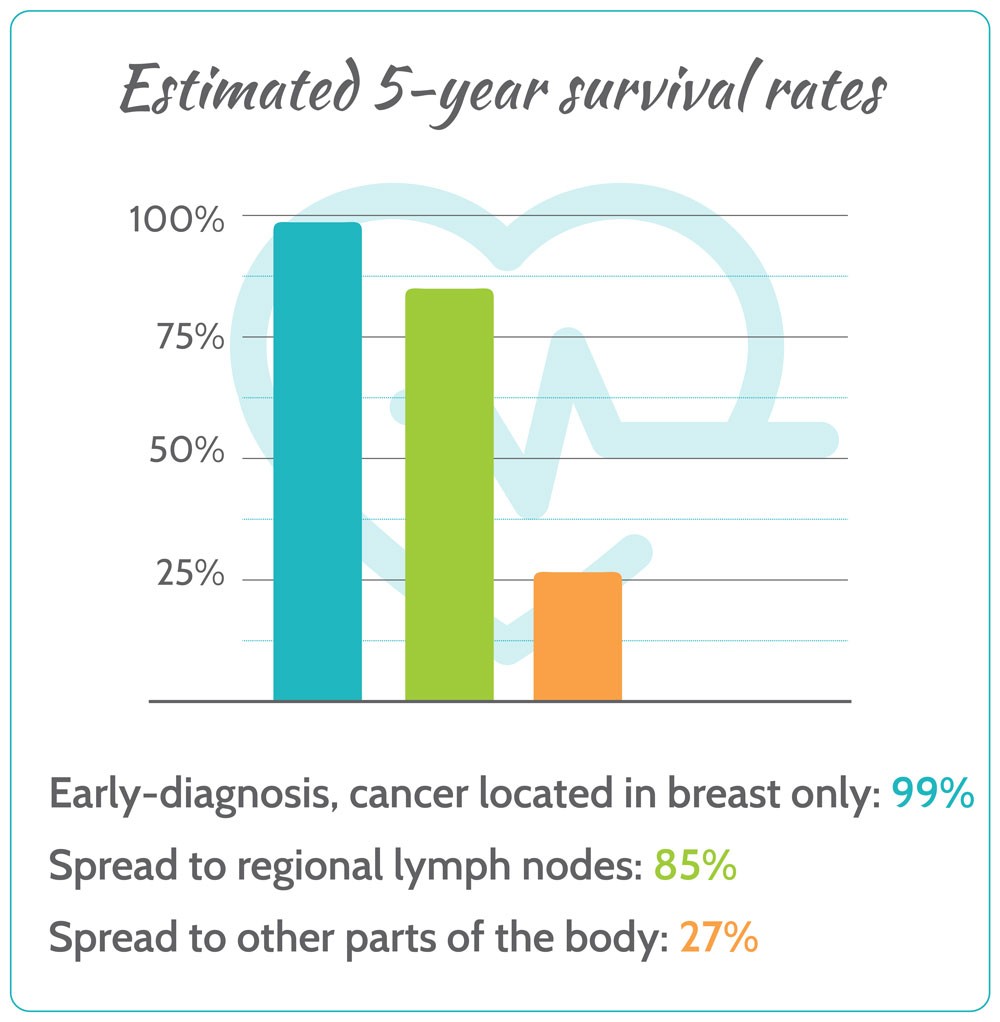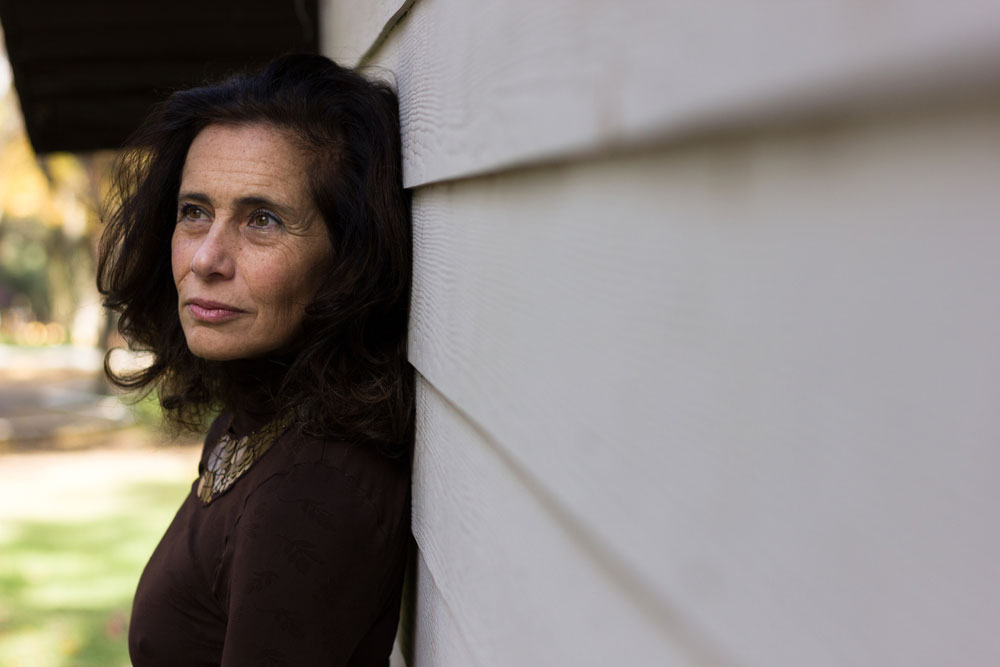“I was afraid,” she responded when I asked her, “Why did you refuse to do a mammogram when you noticed a change in your breast?” I had tons of questions on my mind when someone close to my heart knew she was dealing with cancer and refused to get herself checked. She was in denial – upset, confused, and certain that her life was changing.
Her battle with breast cancer began. I could not understand. I was frustrated but obliged to stay strong. I asked my friends, cousins, aunts, and several women: “Do you get yourselves checked for breast cancer, and why?”. I heard a million reasons and excuses. I listened, but I sometimes I refused to believe them. I was shocked and so curious to learn more about the factors that influence women’s decisions to have their breasts screened that I chose to find answers by writing my Ph.D. thesis on the topic.
Breast cancer is the most commonly diagnosed cancer and the leading cause of cancer death among women. Early diagnosis is the most relevant prognostic factor, yet the level of screening among Arab women is considerably low, and they are diagnosed at advanced stages and younger ages.
Several factors influence Arab women’s participation in breast cancer screening, such as the lack of health insurance coverage, limited knowledge, shyness, fear, and lack of family support. For my Ph.D. , I interviewed and surveyed 400 Lebanese women over the age of 40 as well as healthcare researchers and professionals to assess the factors that Lebanese women face when seeking screening services.
What are the barriers to breast cancer screening?
Knowledge. Many women in Lebanon and the rest of the Arab world lack awareness of the warning signs of breast cancer and are not familiar with the importance of having a mammogram. Of the surveyed women, 70 percent had a mammogram once, yet most of them do not have one regularly. Awareness campaigns focused on informing women about breast cancer and motivating them to have an annual screening can help address this lack of awareness.
Family. Women also tend to undervalue their own health and to prioritize their families, forgetting that they need to be healthy to take care of others. Family members need to encourage women to care for themselves and to regularly perform self-examinations and do mammograms.
Fear. Breast cancer inspires fear in many ways. Fear of pain, death, leaving one’s family, the treatment, physical changes, and the fear of losing one’s spouse or being neglected after a mastectomy. Breast cancer-related awareness activities should emphasize on early detection, innovations in treatments, survivors’ stories, coping skills, and psychological support for patients and their family.
Social and cultural factors. Similar to Arab women, Lebanese women – especially single and older women – in some areas of the country feel shy and embarrassed when it comes to being examined or treated by gynecologists and other medical professionals, particularly if they are male. To feel comfortable, women may search for female healthcare professionals or be accompanied by a friend or family member.
Economic factors. “If I need to be operated for breast cancer, my husband would need to sell the house to pay the expenses.”
In Lebanon, a mammogram and an echography costs around 18% of a minimum wage salary. Meaning that, even when the mammogram itself is offered at a subsidized fee or free of charge by the Ministry of Public Health, women still worry about the cost of additional tests, transportation to medical centers, and treatment.
Healthcare system and experience. Overall, there is limited trust in the public healthcare system and quality of medical services. It is easiest for a woman to find trustworthy hospitals by asking her relatives/friends where they usually go, especially for public hospitals where they are able to benefit from the Ministry of Health’s public awareness campaign and have their mammogram free of charge.

The estimated 5-year survival rate of women with early-diagnosed cancer located only in the breast is 99%. In case cancer has spread to the lymph nodes, the rate is 85%. If it has spread to other parts of the body, the survival rate drops to as low as 27%. This is why I urge all women to prioritize their health by doing regular self-examinations, consulting their physician when noticing a change in their breasts, and performing regular mammograms as required.
Also, now commonly used complementary therapies such as acupuncture, diet, aromatherapy, mindfulness, art, music, or counseling are available to offset the side effects of breast cancer treatment and help patients cope with stress, anxiety, depression, and fear. Knowing that such, and other choices, are available, can help reduce the current fear of breast cancer treatment and all else that involved in a patient’s journey.
Women – an early diagnosis can save your life! So, please encourage and support each other and learn to practice self-love for the sake of your health.

